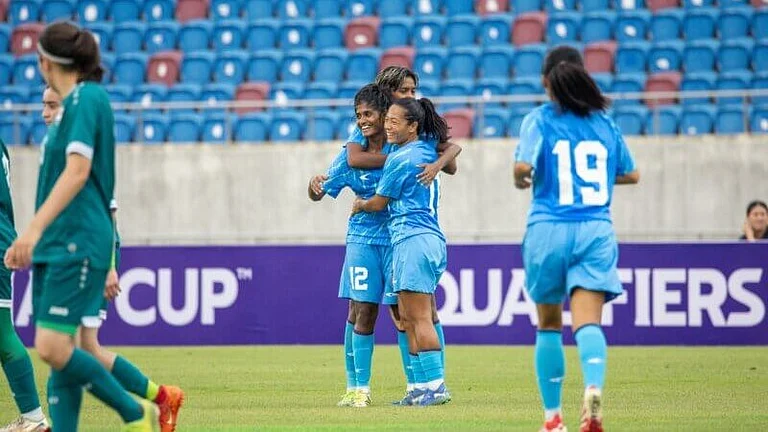In 2018, at a conference in Pune, organised by a global writers’ body PEN international, noted Kannada scholar and writer Dr Ganesh Devy saw something unusually stark on the well-lit stage.
“There were nine writers standing on stage. They were Maharashtra and Goa and all of them had been provided with security, because they were targets on the hitlist prepared by those who had attached Gauri Lankesh, Dr MM Kalburgi and Govind Pansare,” according to Devy, who heads the Dakshinayan Abhiyaan, an association of writers and thinkers, many of them aligned to Left ideology.
Writers from 78 countries attended the PEN event. Several among them had gone to prison for protesting against governments, experienced assaults on life and survived.
“They were all on stage. This was a very clear signal that fearlessness is also now a part of one’s aesthetic experience in writing or creative arts,” Devy asserted.
The spotlight on-stage at the Bal Gandharva Ranga Mandir in Pune basked the writers standing on it. In a way, the spotlight also put in context the atmosphere of unease faced by several writers and rationalists in the country, some of whom have been gunned down.
Anti-superstition activist Narendra Dabholkar was shot dead when he was on a morning walk in 2013. Communist Party of India leader Govind Pansare too was shot during a morning walk in 2015, the same year when Kalburgi was gunned down. Journalist Gauri Lankesh was gunned down by assailants outside her home in Bengaluru in 2017.
Many others have received death threats.
Speaking Outlook, Devy said that the threat was real, but also added that writers as a professional grouping were fundamentally different from unions and associations of workers and their response to such threats needed to be articulated differently.
“A writers’ organisation is normally not like a workers’ organisation, because writers by nature are individualistic,” says Devy, who won a Padmashri in 2014 for his work related to de-notified and nomadic tribes and endangered languages.
The ‘Dakshinayan Abhiyaan’ was formed after Pansare’s murder in 2015 by assailants who were linked to a right wing organisation, Goa-based Sanatan Sanstha. The Sanstha has denied involvement of its cadre in lethal assaults on Pansare and others.
The objective of the Abhiyaan, Devy said, was to lobby and stand by writers and thinkers under duress and threat.
“We thought wherever there is such a case, we would stand by the person and the family of the victim. (Fighting legal cases) can also be done by legal luminaries in the country. We thought something more is necessary. A sense of fearlessness should be spelt out to all writers and artists as a community.
There are more writers and artists who think that it is necessary to be fearless, only then will these attacks get contained. That was the idea,” Devy said, while explaining the rationale behind the formation of the Abhiyaan.
The term ‘Dakshinayan’ itself, Devy said, has multiple interpretations. It is also represents an astronomical phase during which nights are longer than days on account of the trajectory of the earth’s revolution around the sun.
“It refers to a period of depression. Period where worries are multiplied and of course in India for the last several millennia power is concentrated in the north. So it is necessary to challenge the powers that be while speaking in the name of Dakshin (south) so that the country’s federal structure is protected,” Devy said.
The Abhiyaan itself has members across the country and has organised protests and awareness programmes pan-India to campaign against intolerance, violence, government apathy and to instil a sense of confidence and fearlessness among artists, writers.
One of the organisation’s early protests was in Dandi in Gujarat, which 800 writers from across the country attended in solidarity with their slain or threatened colleagues.
Devy also said that not just writers and rationalists, 40 media persons in India have also lost their lives since 2014 in Jharkhand, West Bengal, Madhya Pradesh, Kerala, Jammu and Kashmir and other states.
The weighed down ecosystem, says Devy, has also sparked new literary trends in the country, especially among already marginalised groups.
“…after 2014, these Dalit writers were not just writing about resistance to caste discrimination but to fascism. Similarly, feminist writers have turned their attention to the question of a totalitarian state not just patriarchal society,” Devy said.

















